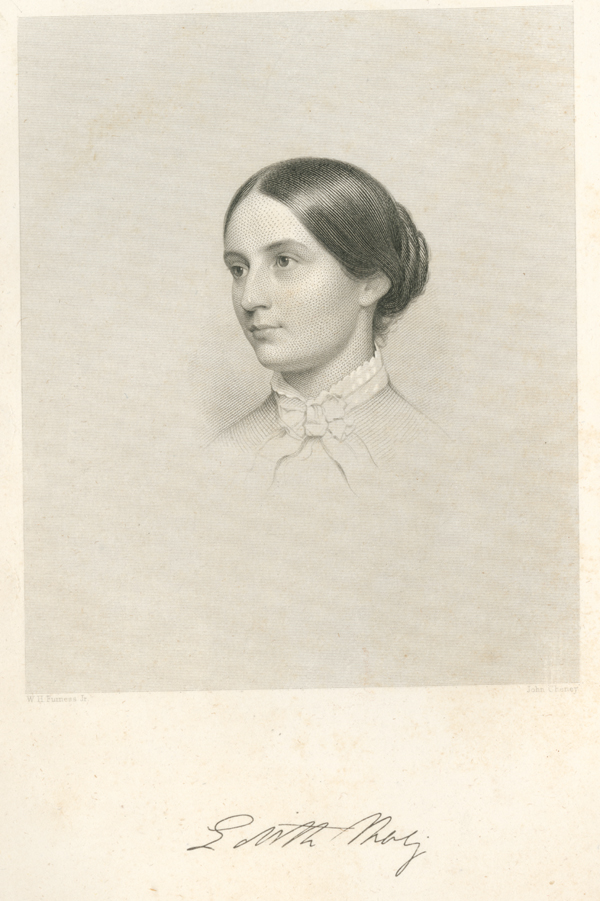 After reading both 'Fever, 1793' and 'The Diary of Elizabeth Drinker, the Life Cycle of an Eighteenth Century Woman', I can easily point out the many similarities present. The first of which being that both shared the similar recollections of the fever throughout the year that it is striking. Both show the experiences of strong, capable women through the echos of the recently-past warfare and through a dreaded epidemic that raged throughout the city of Philadelphia. And, of course, there is the loss of life; Mrs. Drinker lost one of her children (look right for a picture of one of Mrs. Drinker's children, Annie) and Mattie lost her grandfather. However, these things are due to completely different things.
After reading both 'Fever, 1793' and 'The Diary of Elizabeth Drinker, the Life Cycle of an Eighteenth Century Woman', I can easily point out the many similarities present. The first of which being that both shared the similar recollections of the fever throughout the year that it is striking. Both show the experiences of strong, capable women through the echos of the recently-past warfare and through a dreaded epidemic that raged throughout the city of Philadelphia. And, of course, there is the loss of life; Mrs. Drinker lost one of her children (look right for a picture of one of Mrs. Drinker's children, Annie) and Mattie lost her grandfather. However, these things are due to completely different things.
Mattie, upon she and her grandfather's return, found their house/coffeehouse in disarray and havoc. Within the week or so that they were back, burglars attacked and ended up killing Mattie's grandfather in the process. Death for me was personally predictable, since nearly no family escaped this epidemic unscathed who wasn't of wealth origin, but to not only have the rest of your family avoid the fever altogether and for you to personally fight it off with no health problems or struggles afterwards was practically unheard of and half-impossible. Even Mrs. Drinker, a rich woman by birth, lost a child due to sickness, and despite her lack of detail on the subject of this death, was effected though they had tried to escape it. And they were lucky to have the chance to as it was. This part of 'Fever, 1793' was the biggest part of the book, if not one of the only, that I could point at and say 'this isn't true' and 'that's almost impossible' with confidence. The list of deaths this year in Philadelphia was extremely high. And again, let me stress the fact that 'Mattie & Co' weren't real at all, although crafted carefully.
In conclusion, after tons of researching, I have concluded that the book 'Fever, 1793' by Laurie Halse Anderson was very accurate and true to the time period overall, despite some of the tiny road-bumps that the research detected with the novel as a whole. Anderson has done justice to this era by displaying it with an amazing new view on the life of a person actually living there.
No comments:
Post a Comment